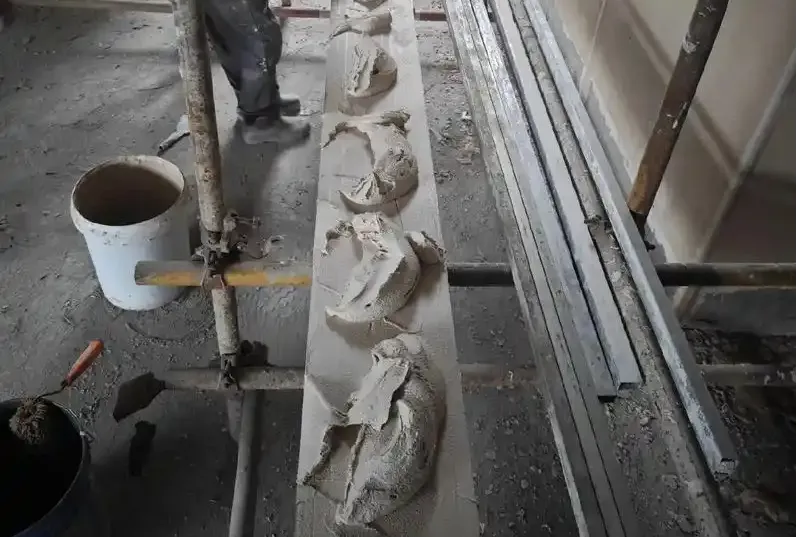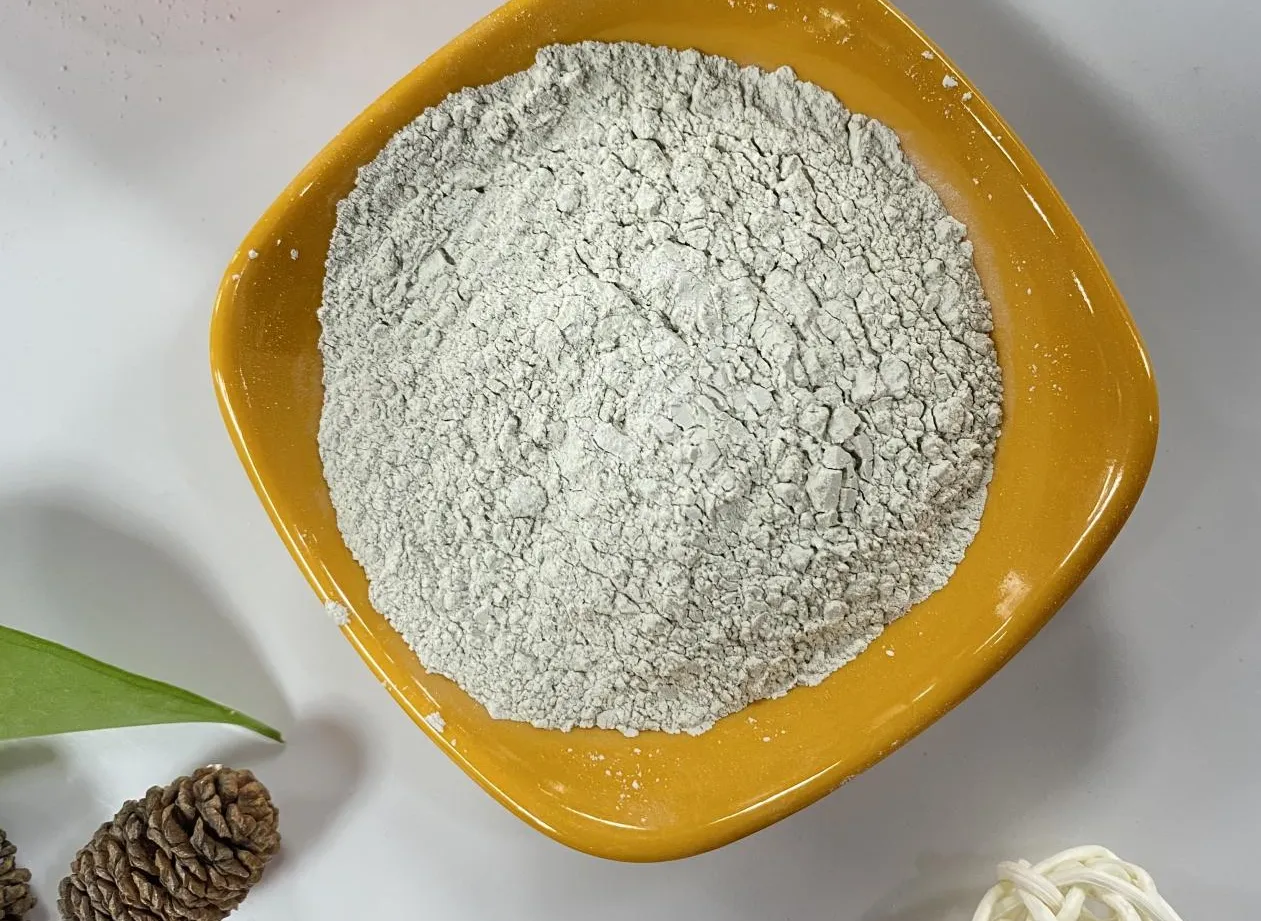
Understanding Gypsum Retarders and Accelerators: Enhancing Plaster Performance
Gypsum-based products have become indispensable in the construction and finishing industries, especially for plaster applications. Among the essential additives used to modify gypsum plaster properties are gypsum retarder chemicals et gypsum plaster accelerators. These additives help control the setting time and workability of plaster, ensuring a high-quality finish tailored to project needs.

In this article, we will explore the nature and applications of gypsum retarders and accelerators, the role of the popular cream of tartar plaster retarder, and innovative products like easy mix plaster retarders. Additionally, we will address common questions such as whether gypsum is retarder or accelerator, and highlight products like the extra time plaster retarder Screwfix et USG gypsum plaster retarders.

What Are Gypsum Retarders and Accelerators?
Gypsum plaster sets through a hydration process where calcium sulfate hemihydrate converts into dihydrate, hardening the material. Controlling the rate of this reaction is critical for practical application and finishing quality. This is where gypsum retarders and accelerators come into play.
Gypsum Retarder Chemical
A gypsum retarder chemical is an additive that slows down the setting time of gypsum plaster. This provides workers with additional working time, allowing for easier mixing, application, and finishing, especially in hot or dry conditions where plaster may set too quickly.
Common retarders include natural substances like cream of tartar plaster retarder, which is derived from tartaric acid, and synthetic compounds designed for easy incorporation into plaster mixes.
Gypsum Plaster Accelerator
In contrast, a gypsum plaster accelerator speeds up the setting process, which is beneficial in colder environments or when quick turnaround is required. Accelerators reduce the waiting time between coats or allow faster completion of repair jobs.
Popular Gypsum Retarders and Their Applications
Cream of Tartar Plaster Retarder
One traditional and eco-friendly option is the cream of tartar plaster retarder. Known for its effectiveness and safety, cream of tartar slows the gypsum hydration process without compromising plaster strength. This retarder is popular in artisan and small-scale projects where natural additives are preferred.
Easy Mix Plaster Retarder
Modern construction often demands convenience and consistency. The easy mix plaster retarder is a ready-to-use product designed for simple addition to plaster mixes. It ensures uniform retardation, improving workability without the need for complex dosing.
USG Gypsum Plaster Retarder
Leading manufacturers like USG have developed specialized USG gypsum plaster retarders that meet rigorous quality standards. These retarders are formulated to maintain plaster consistency over longer periods, helping large-scale projects maintain efficiency and quality control.
Extra Time Plaster Retarder Screwfix
For quick availability, products such as the extra time plaster retarder Screwfix offer DIY enthusiasts and professionals the ability to extend plaster working time conveniently. These products are often sold in hardware stores and online retailers, providing accessible solutions for time-sensitive projects.
Is Gypsum a Retarder or Accelerator?
A common question is: "Gypsum is retarder or accelerator?"
By itself, gypsum does not function explicitly as a retarder or accelerator; rather, it is the base material undergoing a chemical transformation during setting. The setting speed depends on factors such as temperature, water content, and the presence of additives.
Additives like retarders and accelerators are introduced to control gypsum’s natural setting characteristics. Therefore, gypsum is neither inherently a retarder nor an accelerator—it is the substrate modified by these chemicals.
Gypsum Retarder Applications in Construction and Industry
The use of gypsum retarders spans several critical applications:
Extended Workability: By slowing down plaster setting time, retarders allow workers extra time for mixing and application, essential in hot climates or complex jobs.
Large-Scale Projects: Retarders help maintain consistency when mixing large batches, preventing premature setting and waste.
Artistic and Decorative Plastering: Complex molds and intricate designs require more working time, achievable with retarders like cream of tartar.
Repair and Restoration: When patching or repairing, extended setting times reduce cracking and improve adhesion.
Precast Plaster Products: Manufacturers use retarders to optimize setting during molding and curing processes.
Understanding the roles of gypsum retarder chemicals et gypsum plaster accelerators is vital for achieving optimal plaster performance. Whether using traditional additives like cream of tartar plaster retarder or modern options such as easy mix plaster retarders et USG gypsum plaster retarders, selecting the right product tailors the setting time to project needs.
Moreover, knowing that gypsum itself is neither a retarder nor accelerator helps clarify the purpose of additives in controlling plaster workability. For those seeking accessible options, products like the extra time plaster retarder Screwfix offer convenient solutions to extend working times effectively.
By leveraging these additives, professionals and DIY enthusiasts can ensure smoother application, better finishes, and more efficient workflows in all plastering projects.
FAQ: Common Questions About Gypsum Retarders and Accelerators
1. What is a gypsum retarder chemical, and how does it work?
A gypsum retarder chemical slows down the setting time of gypsum plaster by interfering with the hydration process, allowing more time for mixing and application.
2. Can cream of tartar be used as a plaster retarder?
Yes, cream of tartar plaster retarder is a natural additive that effectively slows plaster setting while maintaining strength and finish quality.
3. How do I choose between a gypsum retarder and a gypsum plaster accelerator?
Choose a retarder if you need extra working time; choose an accelerator to speed up drying and finishing, especially in cold environments or urgent projects.
4. Is gypsum itself a retarder or an accelerator?
Gypsum is neither inherently a retarder nor an accelerator. It is the base material whose setting time is modified by added retarders or accelerators.
5. Where can I buy an easy mix plaster retarder or extra time plaster retarder?
You can find these products at hardware stores, specialized suppliers, or online retailers such as Screwfix, which stocks convenient options like the extra time plaster retarder Screwfix.
-
Hydroxypropyl Starch as a Sustainable Construction AdditiveNewsNov.24,2025
-
The Gelation Properties of CMCNewsNov.21,2025
-
Redispersible Latex Powder and Water Retention CapacityNewsNov.21,2025
-
Dosage Control for Polycarboxylate Water ReducerNewsNov.21,2025
-
Film-Forming Properties of Polyvinyl AlcoholNewsNov.21,2025
-
The Function of Gypsum Additives in MortarNewsNov.21,2025





















